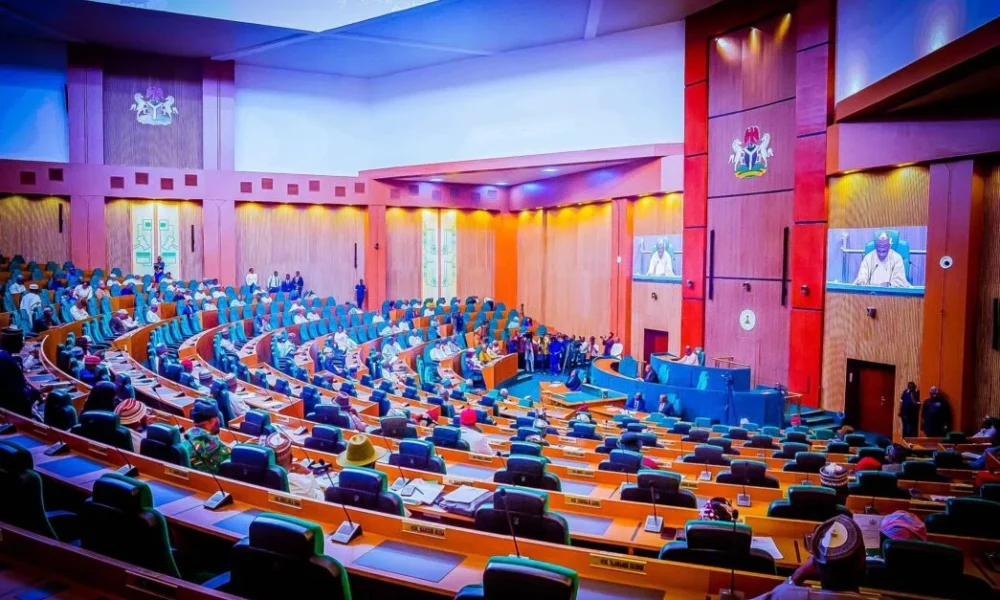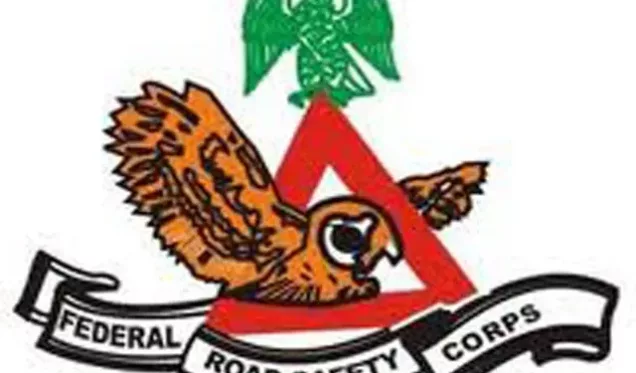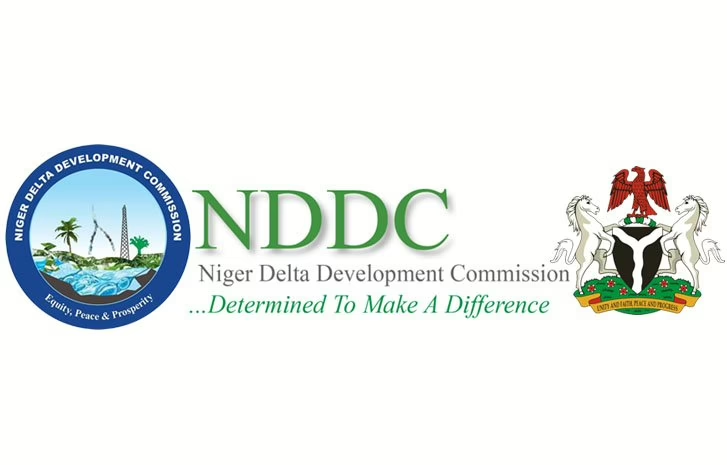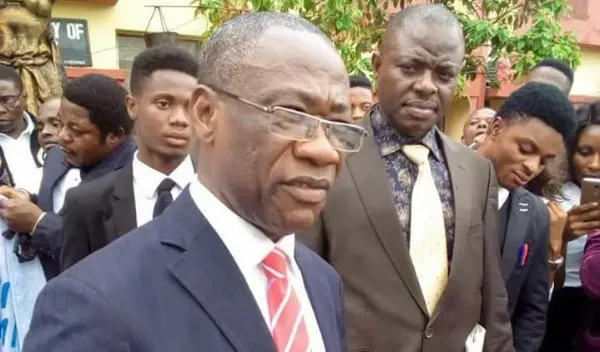Kayode Fayemi had boarded Air France in the hope of alighting in Cotonou before the plane moved to Lagos. But as it turned out, the plane flew over Cotonou to land first in Lagos: “I began to sweat profusely, even as the air conditioner in the plane was on. The Abacha regime was really on edge by then, and it was looking for enemies everywhere. Indeed, the airline’s ground staff and some plane-clothes security people came on the flight, but they missed me… I had left my wife and a seven-month-old baby in London… She granted me the ‘right to silence’, but I knew this was going to come as a shock to her if I was caught with transmitters and displayed on Nigerian television charged with ‘levying war against the Nigerian state’… I also thought about my aged parents and siblings who had no clue that I was even anywhere near Nigeria at that point… All along, I buried my head in the newspaper I pretended I was reading until the announcement by the purser that we were leaving shook me out of my reverie.” Indeed, an eerie day in Lagos!
And so, to the chagrin and consternation of Abacha and his goons, Radio Freedom was successfully installed in Lagos and hit the airwaves on June 12, 1995.
Radio Democrat International Nigeria (later Radio Kudirat) was to follow outside Nigeria through the efforts of the National Liberation Council of Nigeria (NALICON), headed by Prof. Wole Soyinka with Kayode Fayemi as its Director of Communications. Senator Bola Tinubu was the face of NADECO in that project.
Salaries and compensation for Nigerian workers can now be paid in US Dollars, you acquire premium domains for as low as $1500 and PROFIT $22,000 ( ₦34 million) Click here.
Nigerians must for ever be grateful to the assistance offered by Sweden and Norway in the radio project. Indeed, while the government of the United Kingdom gave a tepid support to the exile opposition groups and the United States was ambivalent in the struggle against Abacha, Canada, Sweden and Norway governments were indeed friends in need. It’s therefore a matter of regret when JKF notes that “Mr Bondevik was extremely supportive, but Norway didn’t receive any acknowledgement for this support to the democracy movement from a Nigerian government that was the beneficiary of all these efforts, when Mr Bondevik paid an official visit to Nigeria in 2000.”
Perhaps I should say in parenthesis here that whenever the country rediscovers itself and brings a closure on the locust years of the military, the flags of Sweden, Norway and Canada will be held aloft alongside that of Nigeria to remind the nation of the dark and dreary road she had marched and the nations that stood by her during the trying moments. Yes, I can see that affecting day when leaders of the four nations stand side by side in the hall of fame to honour the living and the fallen comrades of the anti-military struggle in Nigeria. That’s the day Nigeria turns a new page in its history as a nation unreservedly and immutably committed to democracy and the rule of law. I see that day!
Out of the Shadows: Exile and the Struggle for Freedom & Democracy in Nigeria is also a story of reversals within the (exile) pro-democracy movement. Besides the crisis that rocked the individual organizations (NNF, NALICON, NADECO, etc.) in the lust for recognition, power or titular preferment, attempts to form an alliance of opposition groups – unite them under one umbrella – foundered on the boulders of petty wranglings. Notes the author, “What is clear… was that all our groups were afflicted by the problems of disunity and personality-driven dissipation of energy, from the operations of mono-groups like the New Nigeria Forum and MOSOP, to broader coalitions like NADECO and UDFN, and this precluded us from speaking with one voice on many crucial issues.”
Of course, there were genuine disagreements based on principle and some could justifiably feel slighted for being excluded from (the knowledge of) some assignments/ projects (the setting up of opposition radio stations, for instance). But could it not have been fatuous and suicidal, for example, to convene a democratic conference to discuss the setting up of an underground Radio Freedom in Lagos, especially when it was taken for granted that there must be some Abacha moles in the pro-democracy movement? Therefore, the uppermost consideration should have been the common cause: was this radio installed to advance the common cause?
Nonetheless, the different wings of the pro-democracy movement came to one inescapable realization at its meeting in February, 1998 in Gaithersburg, Maryland, United States: “The outcome of the Gaithersburg meeting was the establishment of a Joint Action Committee on Nigeria (JACON), since we had all come to the unfortunate but realistic conclusion that our differences were so insurmountable, and that the best way to proceed was in cooperation and collaboration, rather than in unity.”
The home-based groups bought the same argument and consequently a meeting was held in Lagos in April, 1998 in which “all pro-democracy and human rights groups, associations and coalitions unite(d) to form the Joint Action Committee on Nigeria (JACON)… to give impetus and verve to the national struggle to restore democracy through the collaborative efforts of our people.”
Advertisement
It is worth noting that Chief Gani Fawehinmi was elected as Interim Chair and Coordinator of the home-based JACON.
The formation of JACON, home and abroad, would seem to be one of the most significant lessons learnt by the anti-military opposition movement in nearly a decade of its activities – and one only hopes such a lesson will endure.
In my terse reaction to the suggestion for a military putsch by Chief Gani Fawehinmi, following the non-registration of his National Conscience Party, I had written thus in The Punch, July 17, 2002: “But Gani’s agony brings to question the role of the human rights community in the democracy project – why sacrifice that much only to concede democratic power to the very agents of the defeated enemy?”
Interestingly, this point has again been echoed in the foreword to this fecund book by Prof. Soyinka: “As Dr. Fayemi himself will acknowledge, one ceaseless complaint against the democratic movement is that its protagonists carried out this struggle at immense personal sacrifices of varying dimensions, only to hand over future responsibilities – a word I prefer to ‘harvest’ – of that struggle to proven reprobates and political opportunists. Whatever self-retiring principles have governed the impulses of a number of us in that struggle, bowing to an inner compulsion to demonstrate to society that our motivations could not be construed as personal cravings for power or preferment, the fact still stares us in the face: by the avoidance of contests for political positions, we have indeed left the field to brigands, parasites and unworthy custodians of power and authority, including even collaborators, that is, those who have not only made such struggles necessary in the first place, but contributed to our personal woes, and even stained their hands with the blood of our fallen comrades. A critical review of this policy of withdrawal will undoubtedly be triggered in the minds of all those who were involved, and now relive that struggle through this narrative.”
Perhaps the pro-democracy movement may ponder over the following lines from Wole Soyinka’s memoirs, You Must Set Forth At Dawn: “Those who insist in inhabiting the real world find themselves subjected to the clamour of what can, and deserves to be extracted from usurped authority on behalf of a nation, on behalf of the non-statistical, palpable humanity that constitutes one’s vital environment. For a temperament such as mine, it has never been possible to shunt aside – not for any prolonged period – a sense of rebuke of how much is lost daily, wasted or degraded, how much proves irretrievable, damaged beyond repair, through a position that confers the self-righteous comfort of a purist, non-negotiable distancing…”
On the whole, Out of the Shadows: Exile and the Struggle for Freedom & Democracy in Nigeria is an authoritative account of the campaign against military rule in Nigeria, written by a participant whose call of duty during the era placed him in a position to relive those experiences, perhaps with mixed feelings.
Like every scholarly exercise, this work should possess its own foibles, and the ritual of a reviewer is not complete without pointing out one or two of such.
Viewed from the prism of the nature of JKF as gleaned from the book, his robust defence of Prof. Bolaji Akinyemi in the first few lines of page 155 (replicated on page 406) seems to go against the grain. Nonetheless, Out of the Shadows: Exile and the Struggle for Freedom & Democracy in Nigeria remains a scholarly work, a treasure trove of anti-military crusade in Nigeria, crafted by an activist-scholar, gadfly to usurpers of political power, a democrat extraordinaire and now a former governor of a federating state in Nigeria – Ekiti State.
*Concluded











